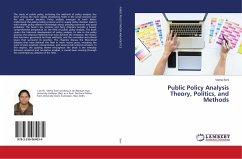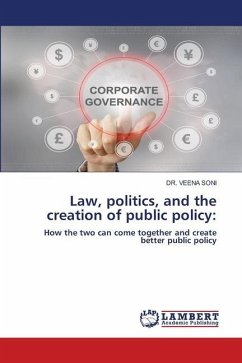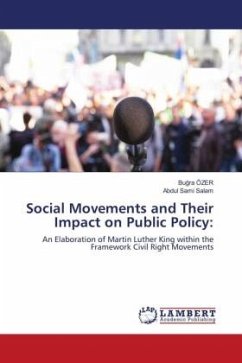The study of public policy, including the methods of policy analysis, has been among the most rapidly developing fields in the social sciences over the past several decades. Policy analysis emerged to both better understand the policy-making process and to supply policy decision makers with reliable policy-relevant knowledge about pressing economic and social problems. The book's ten sections and forty chapters provide a broad, comprehensive perspective on the field of public policy analysis. The book covers the historical development of policy analysis, its role in the policy process, the empirical methods that have defined the endeavor, the theory that has been generated by these methods, and the normative and ethical issues that surround its practice. The chapters discuss the theoretical debates that have defined the field in more recent years, including the work of post positivist, interpretative, and social constructionist scholars. In this respect, the guiding theme throughout the book is the interplay between empirical and normative analysis, a crucial issue running through the contemporary debates of the field.
Bitte wählen Sie Ihr Anliegen aus.
Rechnungen
Retourenschein anfordern
Bestellstatus
Storno








